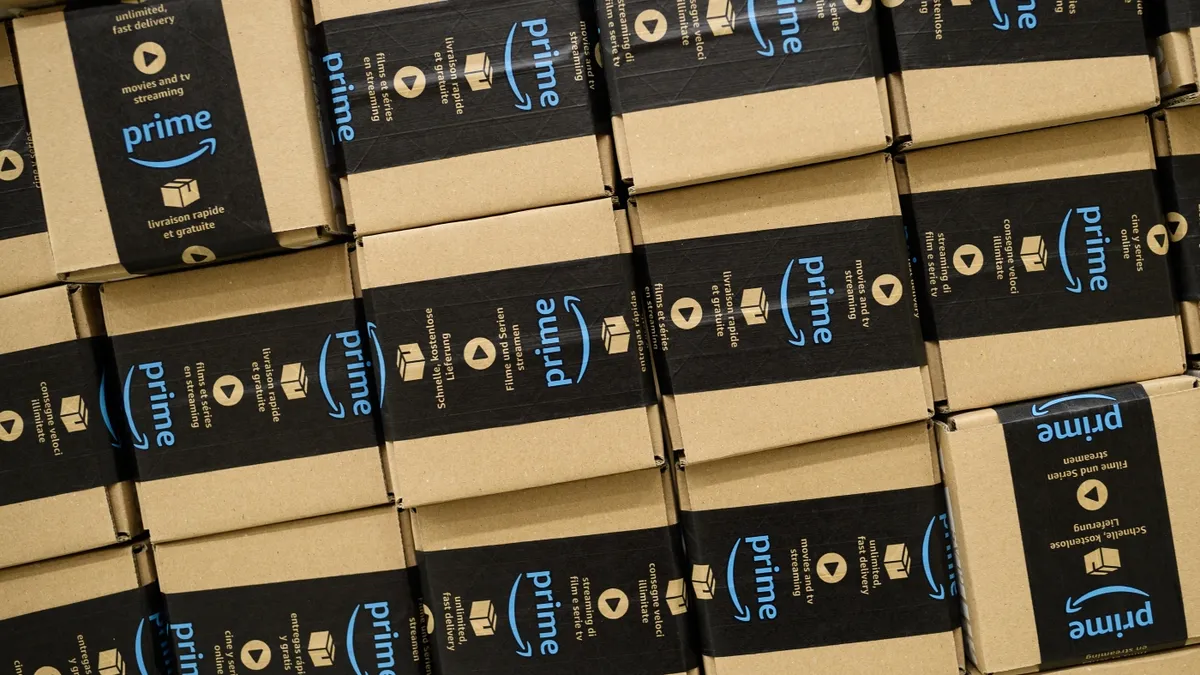
In a significant legal battle, Amazon and the U.S. government are set to confront each other in a Seattle courtroom regarding the company's lucrative subscription service, Amazon Prime. The government alleges that Amazon has engaged in deceptive practices that make it challenging for consumers to cancel their Prime memberships. This lawsuit represents one of the largest federal cases targeting one of the world's most influential corporations.
Unusually for a complex antitrust case, this trial will involve a jury that will decide if Amazon violated any laws. Oral arguments are expected to commence on Tuesday, with the trial anticipated to last nearly a month. The Federal Trade Commission (FTC) has accused Amazon of breaching consumer-protection and competition laws regarding its methods for enrolling users into Prime, which costs $139 annually or $14.99 monthly.
Amazon has firmly denied any allegations of wrongdoing. In 2021, the company reported that over 200 million people worldwide were subscribed to Prime, marking the last instance it publicly shared membership statistics. This case is considered a precursor to the FTC's broader lawsuit against Amazon, which alleges that the company operates as a monopoly. Amazon has asserted that these claims are fundamentally flawed both in terms of facts and legal interpretation. This second trial is scheduled for early 2027, presided over by Judge John Chun of the U.S. District Court for the Western District of Washington.
The FTC contends that millions of consumers unintentionally signed up for Prime due to Amazon's use of dark patterns. These are described as manipulative design elements that mislead users into making decisions they would not typically make. For example, the lawsuit highlights a prominent yellow button labeled "Get FREE Two-Day Shipping," which facilitates quick enrollment without adequately disclosing ongoing membership costs. In contrast, a small blue hyperlink stating "No thanks, I do not want fast, free shipping" offers a less visible option to avoid signing up for Prime.
Moreover, the FTC outlines the cancellation process as excessively complicated, involving a four-page, six-click journey with fifteen options, a situation internally referred to by Amazon employees as the "Iliad Flow." The FTC argues that millions of consumers have accidentally enrolled in Prime without their explicit knowledge or consent and that Amazon has ignored calls to address this issue, describing it as an "unspoken cancer" within the company.
In defense of its practices, Amazon asserts that its Prime members are attracted by the service's benefits rather than deceptive design tactics. The company claims that its user interface and disclosures are consistent with, or even clearer than, those of other subscription services. In its trial brief, Amazon suggests that occasional customer confusion is to be expected, particularly for a service as widely used as Amazon Prime. The company emphasizes that evidence of a small percentage of customers misunderstanding enrollment or cancellation processes does not equate to a legal violation.
Furthermore, Amazon argues that the law does not clearly define "dark patterns," suggesting that the FTC is attempting to apply a broad anti-fraud statute through interpretive means. Andrea Matwyshyn, a law professor at Pennsylvania State University who has previously advised the FTC, notes that the law's broad language is designed to provide regulators with flexibility to adapt to evolving technology and business practices. The critical question, according to Matwyshyn, is determining when design practices cross into territory where a reasonable consumer cannot adequately understand their options.
Judge Chun has previously scrutinized Amazon's legal strategies. In July, he formally criticized Amazon's attorneys for certain legal maneuvers, including accusations that the company was concealing incriminating evidence by marking filings as privileged. Following a review of its privilege logs, Amazon retracted most of its privilege claims and submitted nearly 70,000 documents to the FTC just before the discovery cutoff date. The judge indicated that this behavior resembled bad faith and seemed aimed at gaining a tactical edge in the case.
Judge Chun has consistently sided with the FTC on various procedural matters, including denying Amazon's motion to dismiss the lawsuit. The FTC's investigation into Amazon's practices began during the first Trump administration, but the formal lawsuit was not filed until 2023 under the leadership of Lina Khan, a prominent Biden appointee.
As this high-profile trial unfolds, the implications for Amazon and its Prime membership practices could have far-reaching consequences for both the company and the broader subscription service industry.